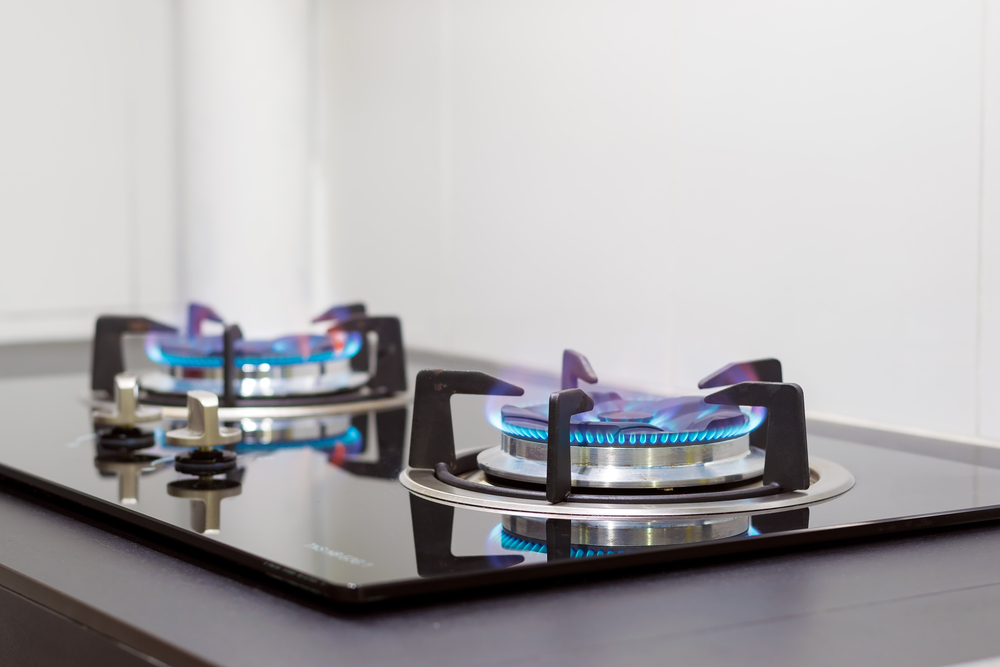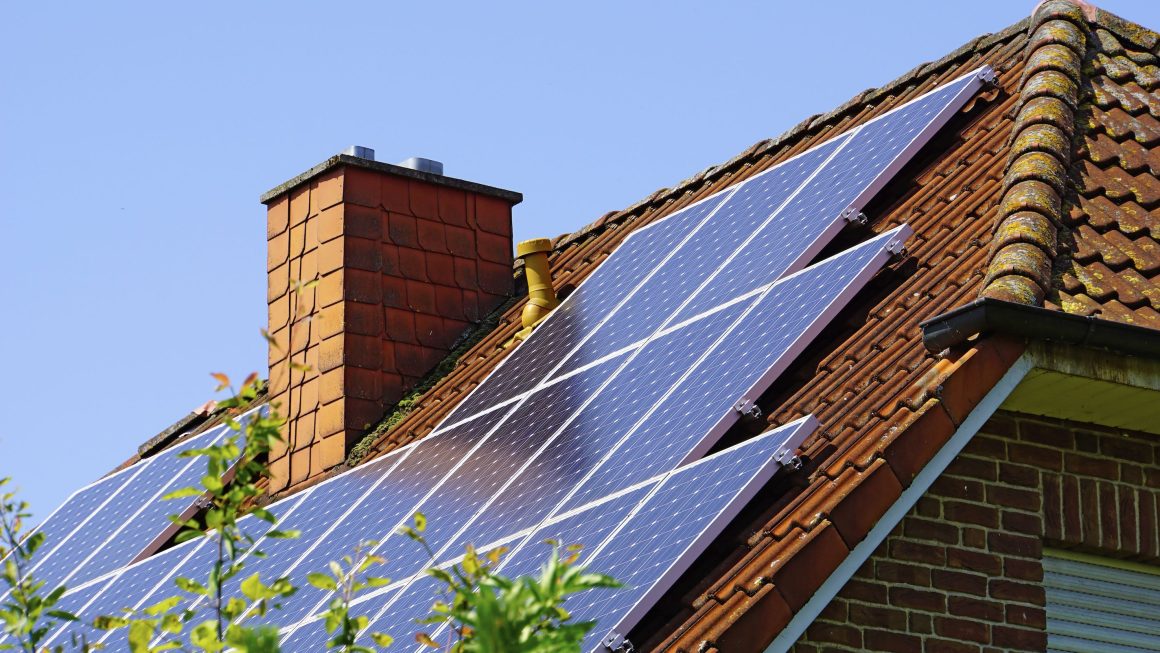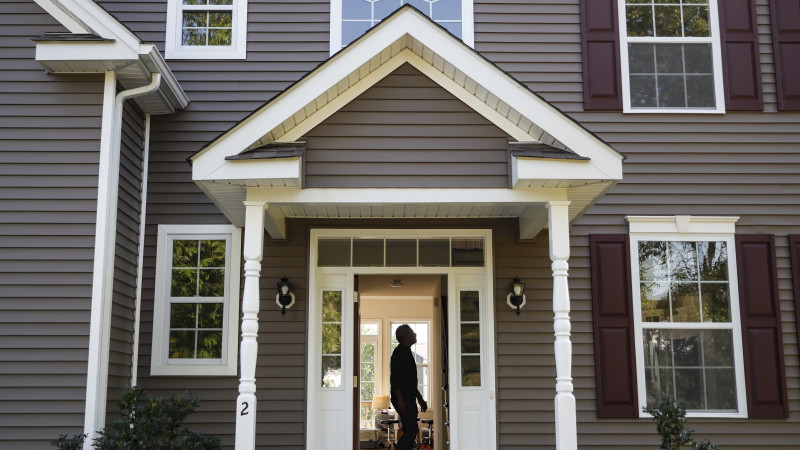Investing in home improvements allows you to improve not only the aesthetics of your property but also its function. You should be aware of certain things when you are conducting home improvements in order to avoid potential problems.
When planning home improvements, it is important not to overlook matters related to gas safety, for example.
Our guest post today is going to give you all the information you need to know about gas safety when carrying out home improvements. Design and functionality need to be balanced in order to achieve this. If you follow these tips, you will be able to avoid any potentially costly and dangerous errors.
Why Is Gas Safety Important?
Gas appliances are dangerous to work on and move, so avoid trying to fix or install them yourself. It is simply not worth the risk to use gas appliances that are not properly serviced or installed. In some cases, this may result in gas leaks, fires, explosions, and poisonings from carbon monoxide.
That’s why it is very important to know what can be done to avoid potential hazards.
5 Gas Safety Tips You Should Know While Renovating Your Home
1. Make Sure Your House is Safe with a Gas Safety Inspection
Safety is the most important factor whether you’re living in the house or selling it. Keeping your family and friends safe should be the number one priority. It is very important that you ensure that all gas appliances in your home are working as intended, including the heat source, the oven, and the stove.
It is unfortunate that there have been gas explosions in homes in the past. Sometimes ventilation systems may also malfunction, which can get rid of such gas leaks.
According to UK law, cp12 certificate must be obtained once every year after inspection by a gas safety engineer.
Your home must be inspected by a qualified gas safe engineer before a certificate can be issued. Upon completion of the safety check, an engineer is required to submit documents stating that everything has been checked and is safe.
The cost of getting your property inspected by a gas safety engineer can vary from £35.00 to £150.00 or more. Based on the number of gas appliances you have; you will have to spend a certain amount of money.
You may be facing a hefty fine or even jail time if you fail to comply with these gas safety regulations.
2. Find A Professional Contractor for Renovation Purposes
It is very important to hire the right contractor for the job in order to ensure the success of any work that you do on your property. This is why you should not attempt to remodel the property on your own. In addition to providing the labor for the job, contractors bring their expertise and skills with them.
You will also receive budget-aligned home improvement planning help from a contractor.
Whenever hiring a contractor, it is important to compare the qualifications of several candidates. If you are concerned about gas safety, check their customer reviews, ensure they are licensed, easy to contact, and thoroughly answer any questions.
Although it is tiresome work, comparing contractors is important. This is so you can avoid hiring a contractor that doesn’t meet your expectations. To avoid making a mistake, meet a few contractors before deciding on who to hire.
Read some tips on hiring a contractor for home renovation purposes.
3. When Improving a Property, Take into Account Functionality and Safety
Furthermore, it is crucial that you keep in mind that functionality must be the primary consideration when remodeling your property. The function of your home’s upgrades should not be overlooked in spite of the fact that it may be important for them to be aesthetically pleasing.
When only considering the visual appeal, additional updates may be necessary for the future to meet safety regulations. Take into account how every element of the renovation project will contribute to the project and whether or not there is a better way to proceed.
It is essential to make sure that the heating system is not compromised in order to create more space in your living room. You should always do your best to put safety and functionality before design.
4. Estimate the Cost of the Improvements to Your Property
An investment budget should be considered prior to renovate your property. Thus, you can be sure that you set aside the appropriate amount of money to complete the renovation. Budgeting will enable you to track your expenditures and avoid wasting money on unneeded expenses.
When finalizing your budget, it is a good rule of thumb to add at least 20% to your budget since you cannot be sure when a gas safety emergency may occur. A contingency fund is required to cover any unavoidable expenses that have come up under different circumstances.
Be well-prepared in case unexpected problems arise, as the likelihood is greater than you think.
5. Ensure That Your Property Has a Carbon Monoxide Alarm
Detection of carbon monoxide leaks is made possible by carbon monoxide alarms. Depending on your property’s use and the fittings that are installed, sometimes they are required by law.
It is recommended to install a detector on your property. This is to detect any gas leaks that may have arisen from the boiler, stove, or any other appliance.
Knowing these signs can help save a life. There are six signs of carbon monoxide poisoning. Some of these symptoms are dizziness, headaches, breathlessness, nausea, and loss of consciousness.
Find out how Carbon Monoxide detectors work.
Conclusion for Gas Safety during Home Improvements
During the last few years, there has been an increasing demand for renovations and enhancements of homes. Adding functional improvements to the property will increase its value of it, as well as increase its resale value.
If we haven’t emphasized it enough already, keep in mind that gas safety is vital when you spend money on renovating a property. This is done to keep the residents of the property, your staff, and future tenants as safe as possible.



